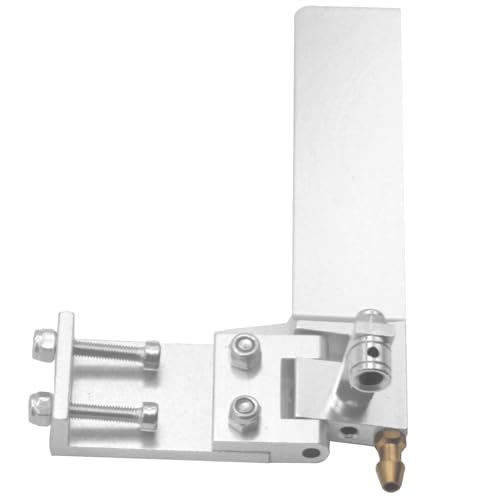dwilfong
Well-Known Member
- Joined
- Jul 1, 2008
- Messages
- 5,986
That is my point there are to many variables to do a true HP evaluation.That would be virtually impossible to do...My point is you need a torque value to calculate HP. You will not have any HP if you cant apply torque. IE prop slip ,wind resistance ,water resistance,drive line efficacy. True HP is how much it weighs and how fast it can cover a measured distance.
The coefficients for elc ,nito ,gas and diesel are all different. They can all claim the same HP but can not do the same amount of work.
why don't you just get the all data of the motor and use the true pitch of the planned prop, I am sure you can get the necessary data from all the motors you would like to compare. At least that way you can have a constant throughout.
All the inefficiencies will be the same on all tests as long as same prop is used.
When I set up air compressors and pressure washers elc HP and gas,diesel HP out put requirements for the same pump are very different. It takes less elc HP to run the same pump on gas or diesel. The same pump that runs on 3 elc HP will take a 8 HP gas eng to run.



































